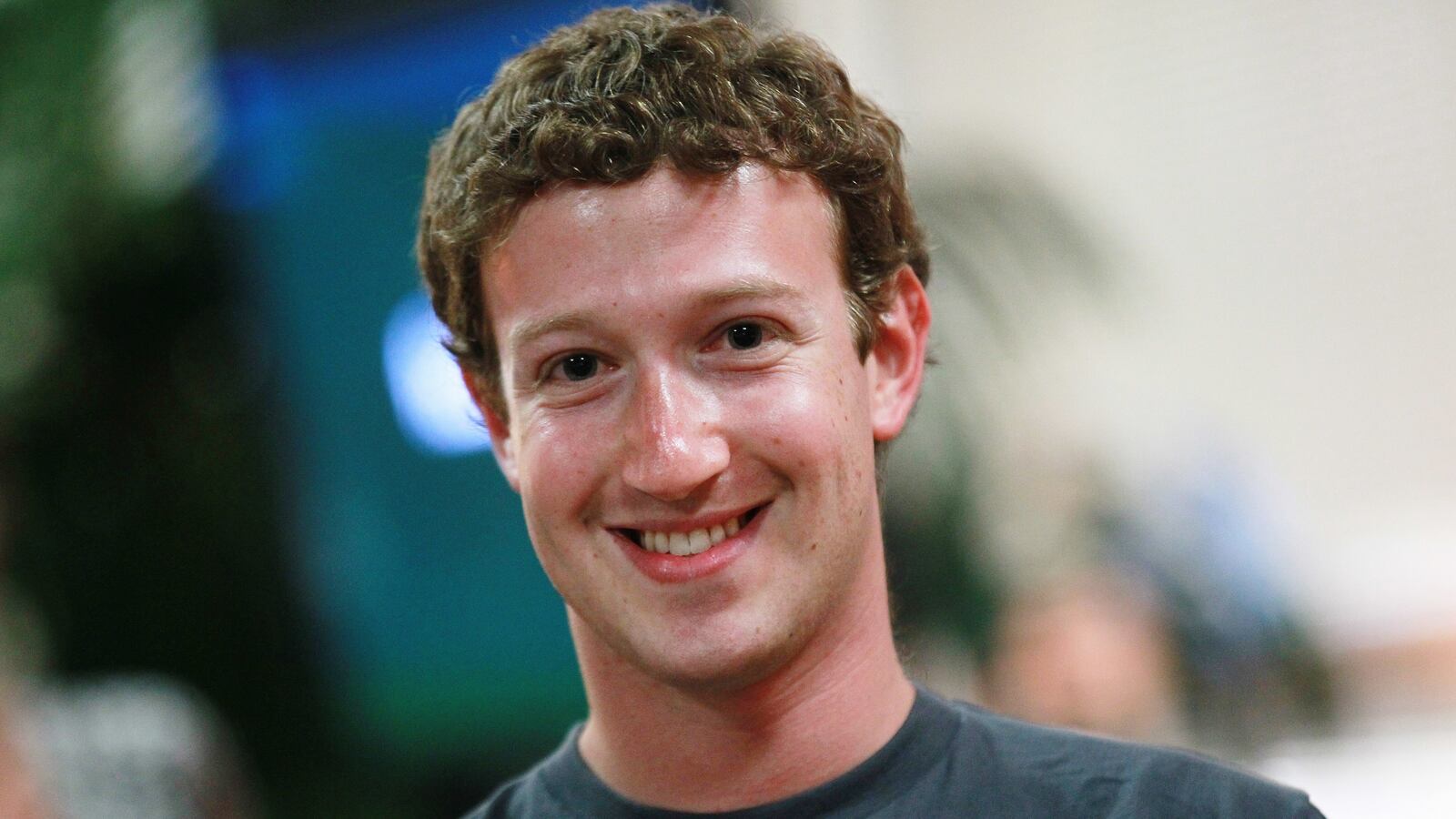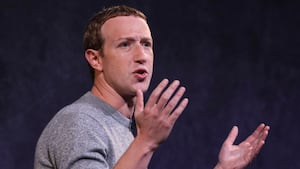A young Mark Zuckerberg wanted to know what made his users feel safe and secure, even if they weren’t.
The Facebook CEO once used a journal when jotting down ideas for Facebook’s expansion, according to an excerpt from Wired writer Stephen Levy’s new book Facebook: the Inside Story. Levy obtained a 17-page segment of Zuckerberg’s photocopied notes entitled “The Book of Change” dated May 2006, roughly two years after the founding of the now unstoppable social media giant.
Like so many 20-something up and comers in the tech world, Zuckerberg saw his vision as a positive one, even framing the treatise with the Ghandi epigram, “Be the change you want to see in this world.”
The reality was more complicated than that.
In 2006, the young Facebook CEO was considering allowing anyone to create a Facebook account, a wide expansion from admitting only college and high school students. He noted, however, that what distinguished Facebook from then-competitor MySpace and other social networks was the feeling of being in a “gated” community, according to Levy.
Opening registration, Zuckerberg surmised, might erode that feeling of privacy and insulation from the darker forces of the world: “What makes this seem secure, whether or not it actually is?”
He went on to detail a potential Facebook feature, a “Dark Profile,” that would essentially function as a digital shadow—Facebook pages for people who had not signed up for Facebook. The feature never went live, but it foreshadowed Facebook’s reported efforts to track people even when they’re not browsing Facebook.
The social network eventually did incorporate open registration, and, as Zuckerberg predicted, users have repeatedly fumed against the company for failing to live up to the expectation that it was a private space. In 2015, Facebook claimed to have cut off third-party developers from users’ personal information, but the company had struck deals permitting blue-chip partners access to that data that continued for years. Users saw the Cambridge Analytica scandal as evidence the company didn’t care to safeguard their data. And rumors persist that the company is listening to users and targeting them with ads based on their conversations. (It may be listening, but not for ads.)
The gaffes and scandals came so fast and furious that timelines of Facebook’s privacy-related mistakes became their own sub-genre of technology coverage.
Zuckerberg drew the wrong lessons from Facebook’s early privacy kerfuffles, by Levy’s account. The initial rollout of News Feed, the Facebook feature that displays updates from a user’s friends, was a privacy disaster, he notes. Users protested at Facebook headquarters, and employees called for the product to be removed. Rather than rolling News Feed back, however, Zuckerberg saw in internal data that users spent more time on the product thanks to the new feature, so he apologized and kept it running. It eventually became near-synonymous with Facebook itself.
The saga mirrors Facebook’s recent years—plagued by controversy but forging ahead to skyrocketing profits amid minimal pushback from regulators. New details from the diaries of Young Zuck are unlikely to change all that.







